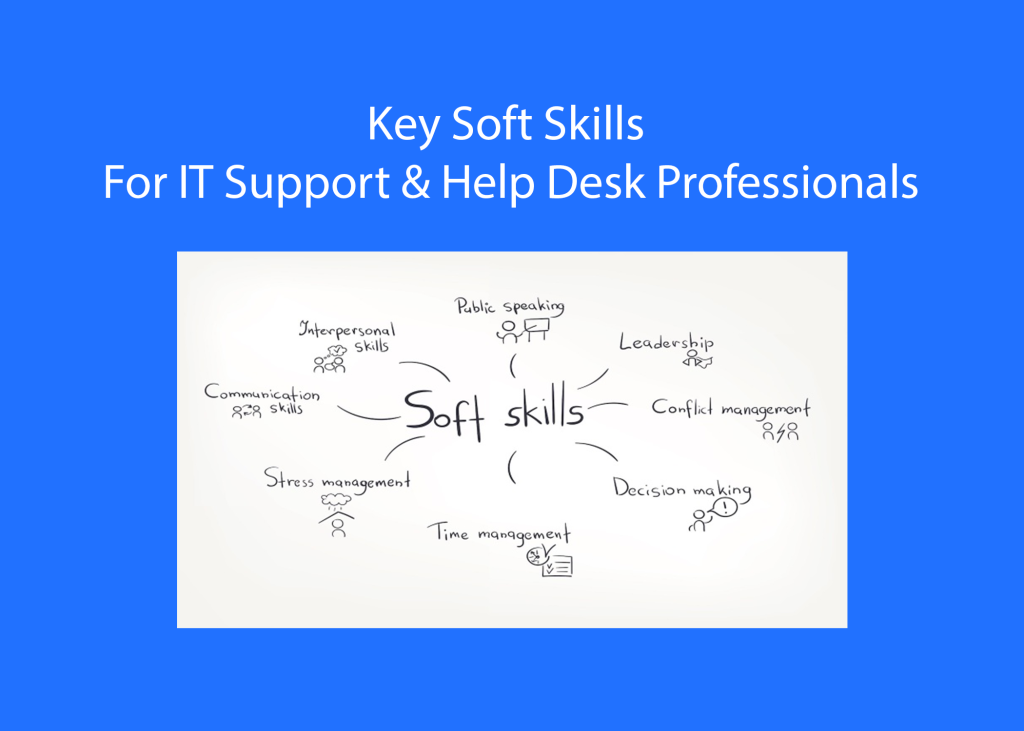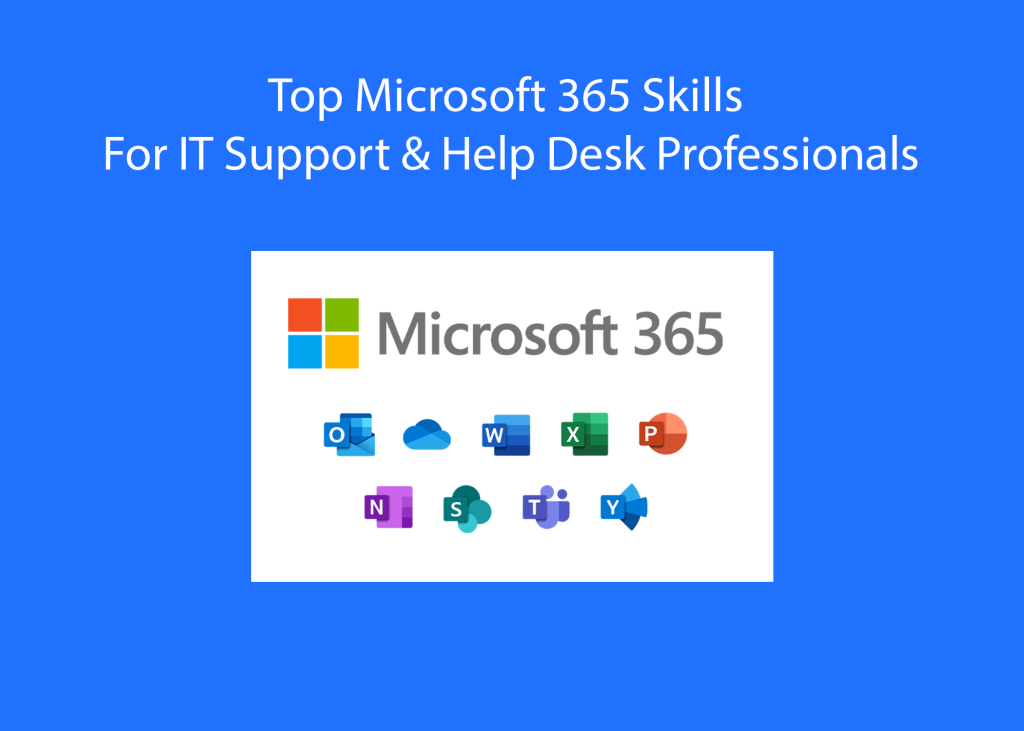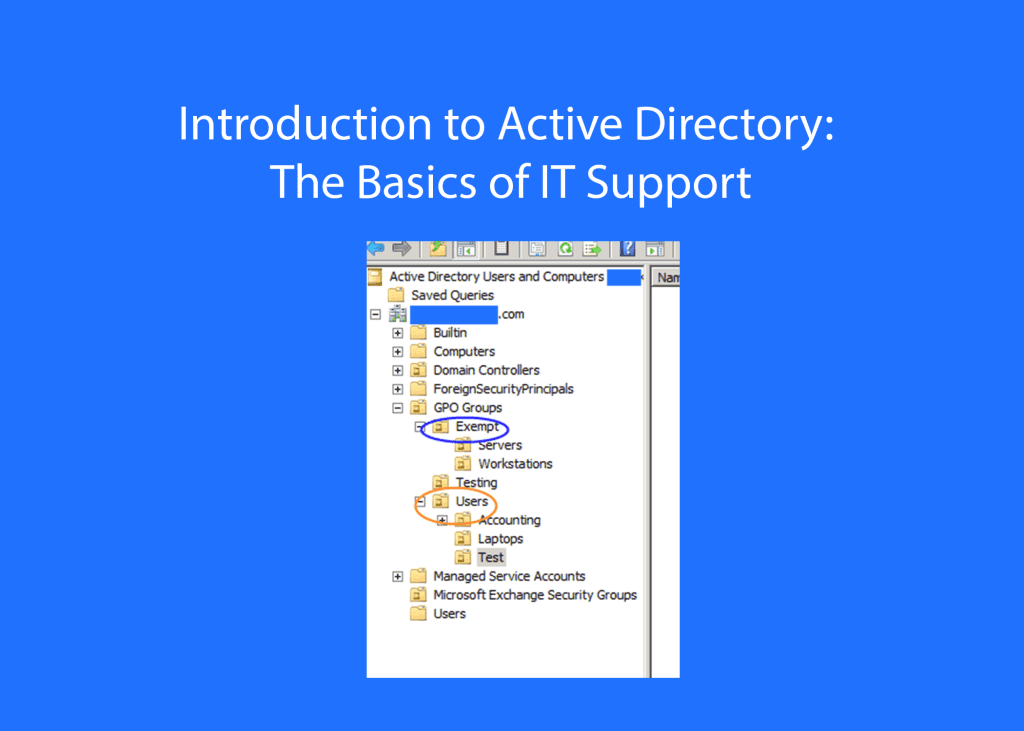In the ever-evolving realm of IT support and help desk roles, technical expertise is undeniably crucial. However, the ability to excel in these positions also hinges significantly on a set of essential soft skills for IT support. Soft skills, often referred to as interpersonal or people skills, are vital in ensuring that IT support professionals can effectively communicate, empathize, and manage relationships while addressing technical issues. Here’s a comprehensive look at the top soft skills for IT support and help desk professionals to thrive in their roles.
Effective Communication
Effective communication is arguably the most critical soft skill for IT support and help desk professionals. It involves not only conveying technical information clearly but also listening actively to users’ concerns.
Clear Explanation:
IT support professionals must translate complex technical jargon into easy-to-understand language for users who may not be tech-savvy. Being able to explain issues and solutions clearly ensures users comprehend the problem and the resolution process.
Active Listening:
Listening attentively to users’ descriptions of their issues helps in accurately diagnosing the problem. Active listening involves not just hearing the words but understanding the context and emotions behind them, which can lead to more effective problem-solving.
Empathy and Patience
Empathy and patience are indispensable when dealing with users who are frustrated or stressed about technical problems.
Empathy:
Understanding and acknowledging the user’s frustration can significantly enhance their support experience. Empathizing with users helps in building rapport and trust, making them feel valued and understood.
Patience:
Technical issues can sometimes be complex and time-consuming to resolve. Demonstrating patience, especially when users are anxious or struggling to understand the process, helps in maintaining a calm and supportive interaction.
Problem-Solving Skills
Problem-solving skills are essential for diagnosing and resolving issues efficiently. This involves a combination of analytical thinking and creativity.
Analytical Thinking:
IT support professionals need to assess and analyze the problem systematically. This involves gathering information, identifying patterns, and evaluating potential solutions to determine the most effective resolution.
Creative Solutions:
Sometimes, issues may not have straightforward solutions. Creative thinking enables IT professionals to come up with innovative approaches to solve unique or complex problems, ensuring that users’ needs are met effectively.
Time Management
Time management is crucial in managing multiple support requests and ensuring timely resolution of issues.
Prioritization:
IT support professionals often handle several requests simultaneously. The ability to prioritize tasks based on urgency and impact ensures that critical issues are addressed promptly while less urgent matters are managed efficiently.
Efficiency:
Effective time management involves not only prioritizing tasks but also executing them efficiently. This means avoiding unnecessary delays and streamlining processes to maximize productivity.
Customer Service Orientation
A strong customer service orientation is vital for creating a positive user experience. This involves being courteous, respectful, and focused on providing excellent service.
Professionalism:
Maintaining a professional demeanor, even in challenging situations, reflects positively on the support team and the organization. This includes using polite language, maintaining a respectful tone, and adhering to service standards.
User-Centric Approach:
Understanding users’ needs and ensuring their satisfaction is central to customer service. A user-centric approach involves going the extra mile to meet users’ needs and provide solutions that enhance their overall experience.
Adaptability
Adaptability is key in the dynamic field of IT support, where technology and user requirements are constantly evolving.
Flexibility:
IT support professionals must be flexible in adapting to new technologies, tools, and processes. This includes being open to learning and integrating new methods or solutions as needed.
Resilience:
Handling frequent changes or unexpected issues requires resilience. Being able to remain calm and effective in the face of evolving challenges ensures that support remains consistent and reliable.
Team Collaboration
Collaboration with colleagues and other departments is often necessary to resolve complex issues and improve overall support efficiency.
Cooperation:
Working collaboratively with team members involves sharing information, resources, and insights to achieve common goals. Effective cooperation ensures that problems are addressed comprehensively and solutions are implemented smoothly.
Conflict Resolution:
In team settings, conflicts or disagreements may arise. The ability to resolve conflicts constructively and maintain a harmonious working environment contributes to a more effective and cohesive support team.
Attention to Detail
Attention to detail is crucial for ensuring accuracy and thoroughness in resolving technical issues.
Precision:
Carefully reviewing and addressing every aspect of a problem ensures that solutions are accurate and comprehensive. Attention to detail helps in avoiding oversights that could lead to recurring issues or additional problems.
Documentation:
Accurate documentation of issues and resolutions is essential for maintaining records and facilitating future support. Detailed notes help in tracking recurring issues, providing insights for improvements, and assisting colleagues with similar problems.
Conclusion
While technical skills form the backbone of IT support and help desk roles, soft skills are equally important in delivering exceptional service and ensuring a positive user experience. Effective communication, empathy, patience, problem-solving, time management, customer service orientation, adaptability, team collaboration, and attention to detail are crucial for IT support professionals to succeed. Developing and honing these soft skills will enhance your ability to provide efficient and effective support, ultimately contributing to a more productive and user-friendly IT environment.




